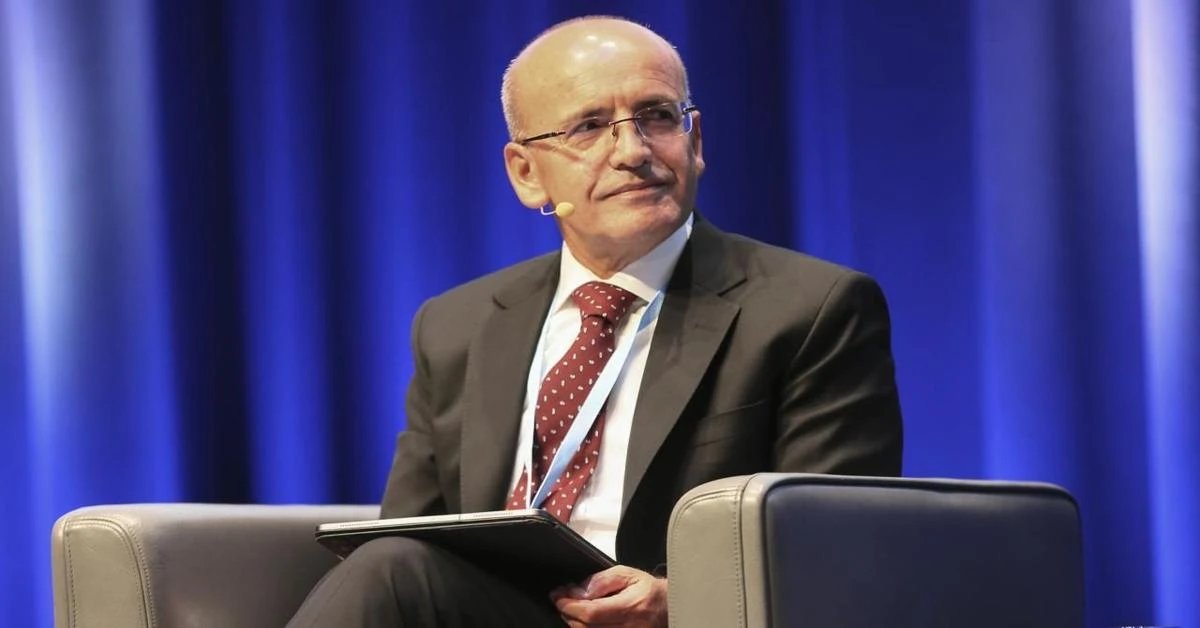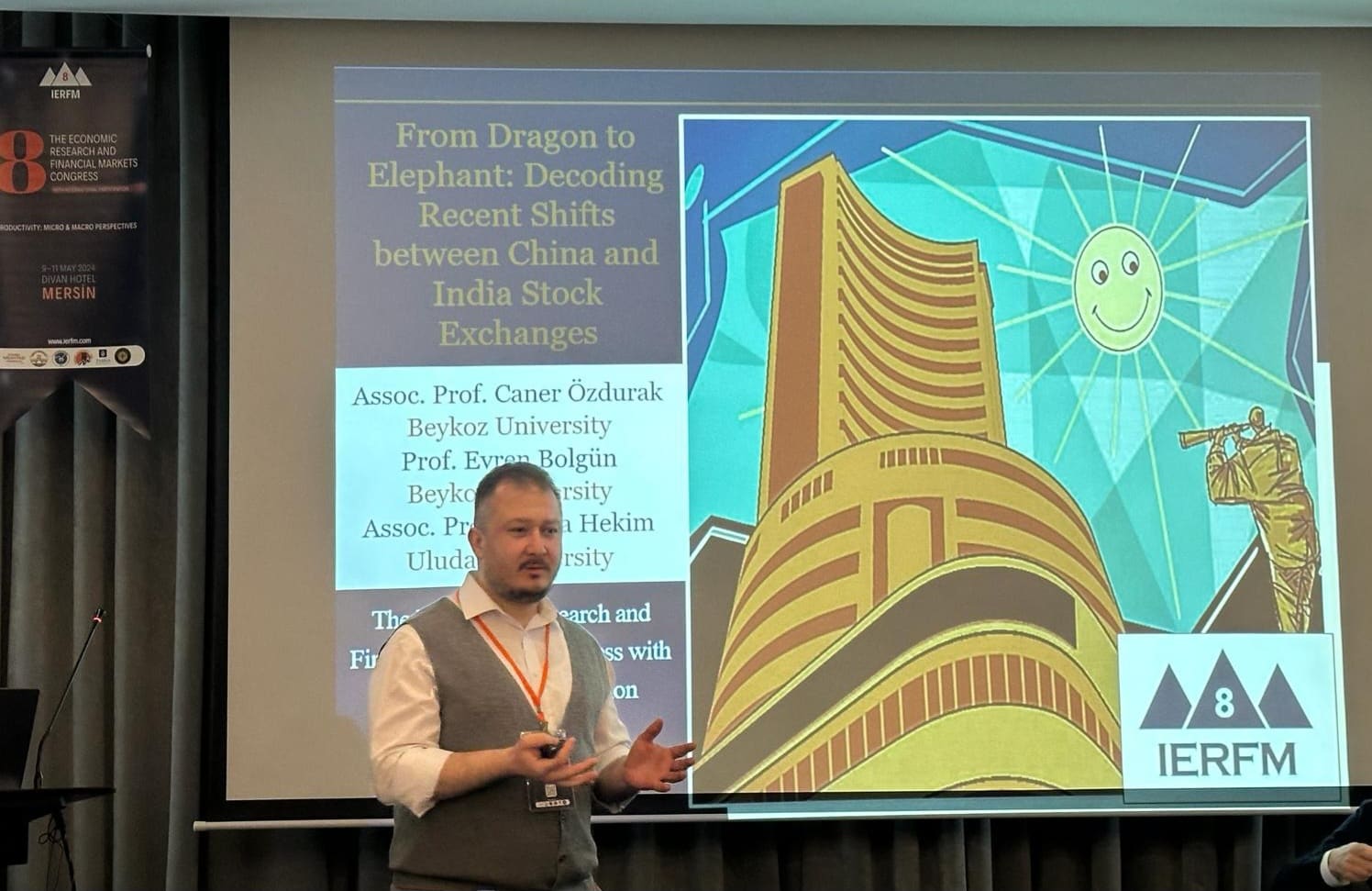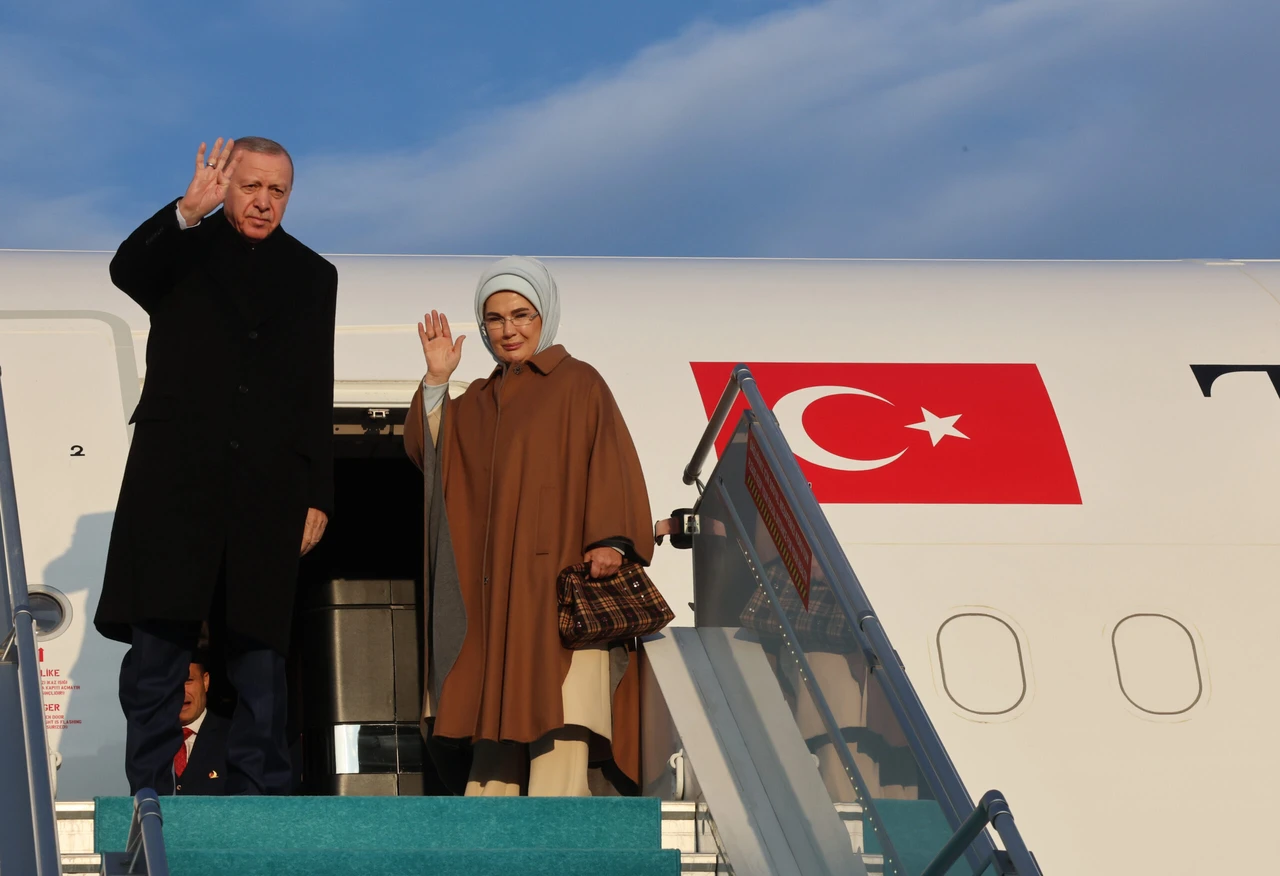‘Türkiye’s tightrope walk’: Fiscal measures to cool inflation
 Finance Minister Mehmet Simsek speaks during the 66th General Assembly of Turkish Banks Association in Istanbul, Türkiye August 17, 2023. (Reuters)
Finance Minister Mehmet Simsek speaks during the 66th General Assembly of Turkish Banks Association in Istanbul, Türkiye August 17, 2023. (Reuters)
Türkiye’s recent dramatic interest rate hike, from 8.5% to 50%, aimed to curb soaring inflation, has sent shockwaves across the economy.
While demand remains strong, particularly among the wealthiest 20%, businesses struggle with high borrowing costs.
The question now is: how can fiscal policy support the central bank’s fight against inflation without triggering a recession?
Firstly, I shall warn that relying solely on increased savings to cool the economy wouldn’t be fruitful at all. This could disproportionately hurt lower-income earners. Instead, targeted fiscal measures are the key to combat inflation.
The government can consider temporary subsidies for essential goods like food. This would directly address high food inflation, easing the burden on low and middle-income families.
Targeted subsidies can provide immediate relief without harming long-term growth prospects. A wealth tax can also ensure a fairer distribution of the burden.
A wealth tax on the very wealthy could generate revenue without hindering overall economic activity. Additionally, reducing unnecessary government spending, particularly on luxury items, would send a strong signal of fiscal responsibility and help to dampen inflationary pressures.
The challenge lies in calibrating these measures. Excessive government intervention can distort markets, but a carefully designed fiscal package can be a powerful tool alongside monetary policy.
However, the government must tread carefully. Overly aggressive measures could stifle business investment and ultimately impact job opportunities.
Türkiye faces a delicate balancing act. By combining targeted fiscal measures with a resolute monetary policy, the country can chart a course toward lower inflation without sacrificing economic growth too much and without a sudden stop issue.
The success of this strategy will depend on the government’s ability to implement these measures with precision and transparency.

Caner Ozdurak holds a Ph.D. in Financial Economics from Yeditepe University, preceded by an MA in Business Law and an MSc in International Finance from Istanbul Bilgi University. The author has also worked at prominent organizations such as Yıldız Holding, PwC, EWE Turkey Holding, CGV Mars Entertainment Group, and the Finance Office of the Presidency of the Republic of Türkiye. He is currently a full-time Associate Professor of Macroeconomics at Beykoz University.



